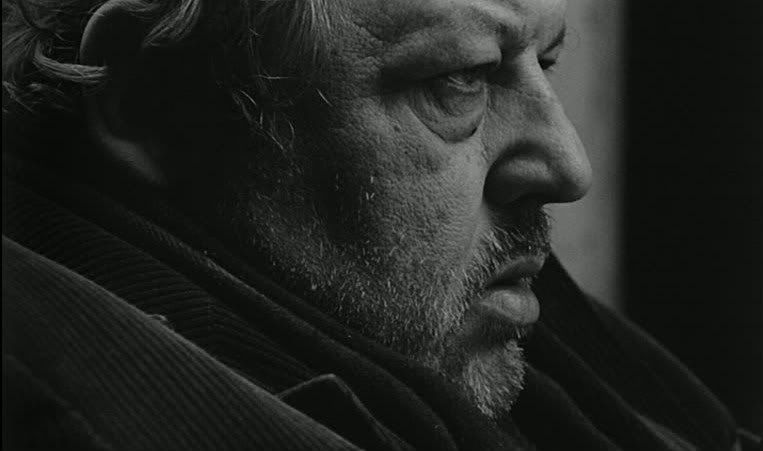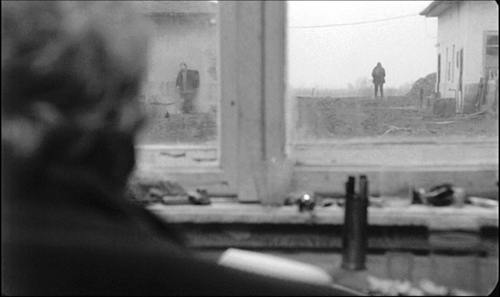He introduced
his anecdotes with the phrase “as a writer…”
It’s been
claimed he once referred to himself “as
a Creative”
I can’t forgive
him for that. No one can.
He would always
talk about being a writer: it had
always been a lifestyle, he said.
It was always
about writing and never what he’d written, not in a selfless, noble kind of way
and not in a conscious decision to appreciate the act as an ends in itself but
because, it seemed, he hadn’t written much.
When he wasn’t
talking about writing he taught others how to talk about writing.
He is often
touted as a writer-in-residence.
At what
residency he writes when he is being a writer-in-residence usually remains
undisclosed. He has just returned from being a writer-in-residence in Madagascar, the residency being the whole island I silently presume. I asked
him what he wrote about and he told me it
wasn’t like that. He said it was about the experience. Did he experience any writing I almost asked,
but on consideration resisted – he would answer that writing fell outside of
experience being, as it is, the communication of experience. Which, if true,
would be sad for writers – by extension consigned to inexperienced reflection,
occasionally gifted with a glimpse of experience, experienced as a precious
exception, cherished like an acorn to carry back and nourish experiential hibernation...bedding down in the long writerly
winter.
He was a firm
subscriber to emotion recollected in tranquility. He told me how to cultivate tranquility, it involved
Herbal tea
writing lists
and finding the
time to do nothing.
Everything from
the shoes you wear to the walks you take, he said.
He then added,
as an afterthought, that you also need an ‘online presence’. His ‘online
presence’ said a great deal about writing. Here it was, his writing about
writing. The pictures from his trip to Madagascar: June 17th the people here are beautiful, the landscape, my
god the landscape! I can’t do justice to the landscape. In the absence of
that justice were more pictures.
His ‘online
presence’ also presented a history of his accolades – he had won prizes!
Prizes are not
important, he told me. He had won five and told me how unimportant they were
with frequent insistence.
What I didn’t
understand, he said, was that writing was not the pages in a book or the style
of someone’s prose, nor was it each sentence or each paragraph. It was about
what could not be read and, more often than not, what could not be written. He
told me to imagine a coastal breeze, the history of my family or the sensation
of acupuncture. I told him I’d never had acupuncture. Precisely, he smiled. And
then, closing his eyes and nodding sagely, he repeated, precisely.
At gatherings he
would introduce himself as a writer and me as a poet. I asked him why I was a
poet and not a writer. It was because I wrote poetry, he said, and then quoted
a line from a Cocteau film.
Why does prose
get the monopoly on writing, I asked. This is no game, he answered.
I went to see
him give a talk about writing. People knew he could talk about writing and he
knew he could talk about writing and as a result he was often talking about
writing. He stood behind a lectern and lifted up a book, releasing it
theatrically from his clasp to let it drop to the ground. This is not writing, he said.
He often defined
writing through negation. One day, having checked off everything that was not
writing, he would find writing. It would be the unexpected and entirely
inevitable kernel of everything he was, this he was sure of. But maybe this was
his greatest strength as a writer – his infinite ability to abstain from
writing. To defer, elude and hide from writing was a kind of athletic
asceticism, slalom of discipline in the face of temptation. The best of writers
will understand that writing is not in writing. He had five prizes to support
this claim but of course they weren’t important, what was important was that
the potential to write was left
intact. Writing was the disappointing obfuscation of all that writing – at its
best – desires.
Being mute or
the blank page, this is where writing truly survives.
A writer, he
often said, paraphrasing the quote pinned above his desk, was someone for whom
writing is near impossible. He liked to quote. All my writing is quoting, he
said, and all quoting is writing in the sense that all writing is re-writing.
That said, he said, I still believe that real writing is not a writing-over, as
such, but somehow itself over writing, beyond writing. Writing is ideally not
writing. That said, he said, I’ve just been commissioned to write a piece about
urban regeneration and the importance of local libraries.
Surely that
would involve writing, I said.
Eventually, yes,
he conceded. He presented this impending need to write online. He posted a new
flurry of pictures: mainly photos of road signs, traffic lights, shadows on
shop shutters and one particularly luscious sepia shot of the local library.
I visited him
yesterday and he told me, sighing over a mug of camomile tea, that he felt
decidedly uncreative.
I’m worried for
him, in a distant uncaring kind of way.
He has started
drinking more coffee and telling me repeatedly how frightening it is that there
is so much to read, so much to read!
There isn’t time
for experience or the experience of nothing, he has to read!
Sometimes, he
tells me, he doesn’t think he’s a writer anymore, sometimes, he confesses, he
thinks he might be a poet.
Has he written
any poetry, I ask.
No, he replies,
but he might as well, considering he doesn’t write anymore.
But I thought
you never wrote, I thought that was what your writing was about?
He didn’t like
this comment, nothing about it seemed to help.
At some point, some
point soon, he wants a break from all this not writing. How, I ask. Are you
going to stop being a writer? Or do you mean that in having a break from not
writing you will actually then be writing and so…yeh, I petered out. These decisions are beyond choice, he
confided, and besides, not writing had never stopped him before.
Surely deciding
not to write would necessitate a kind of conscious break from writing, I
continued emboldened, surely that would, in a more definite way, stop you
writing?
Yes – perhaps,
he agreed, but it doesn’t stop me from being
a writer.
It’s his new
angle. He’s writing again.
























